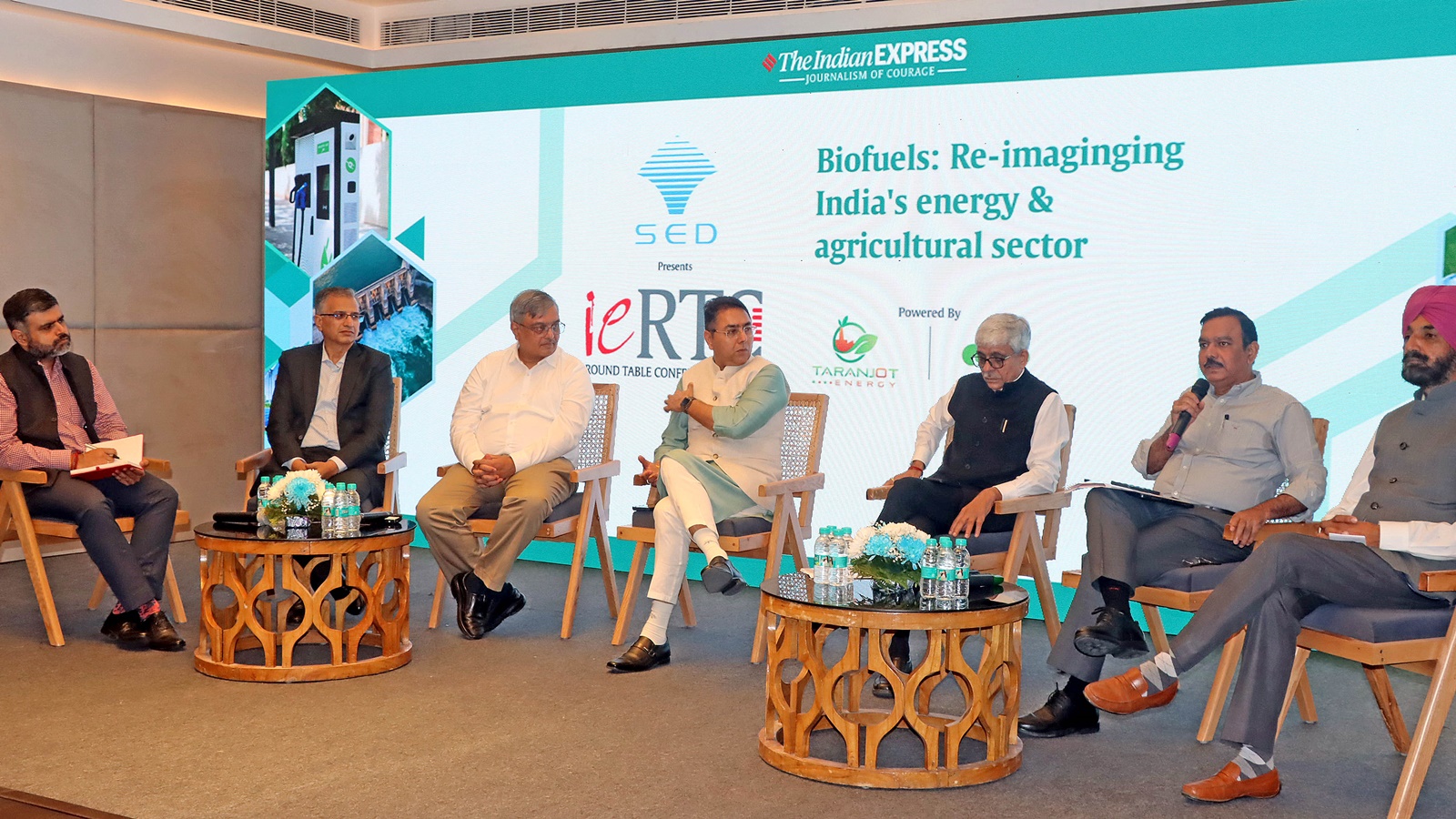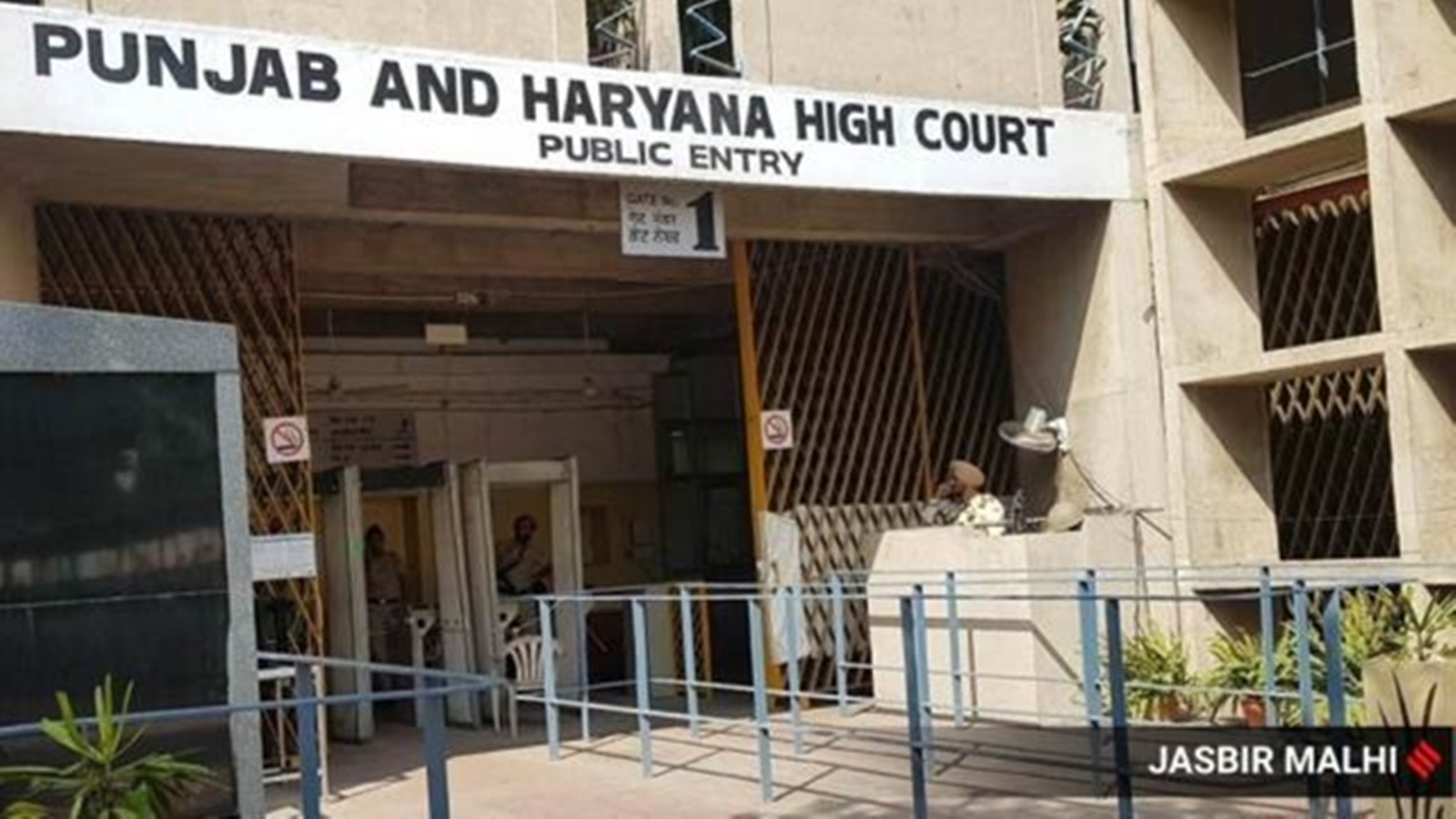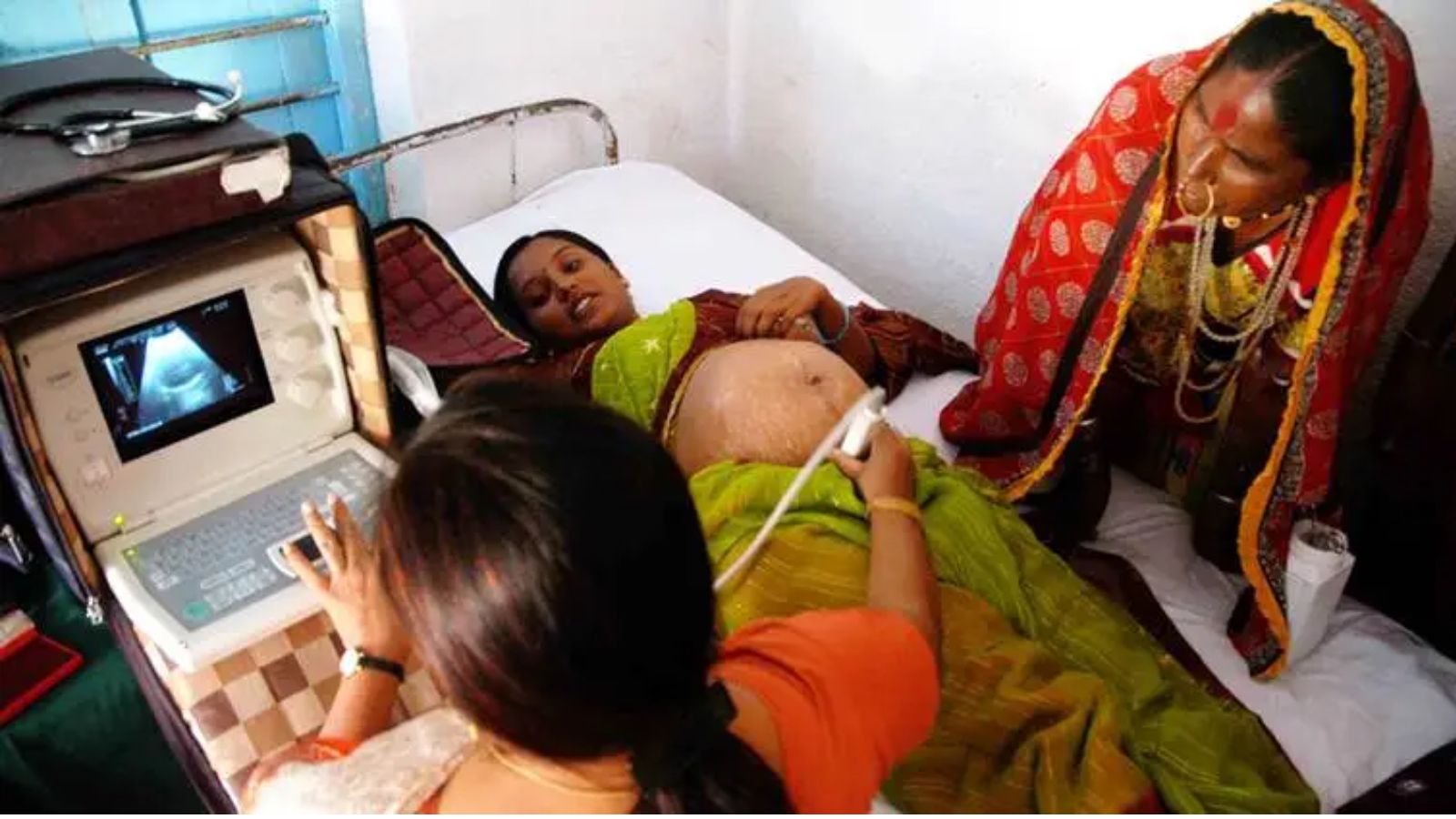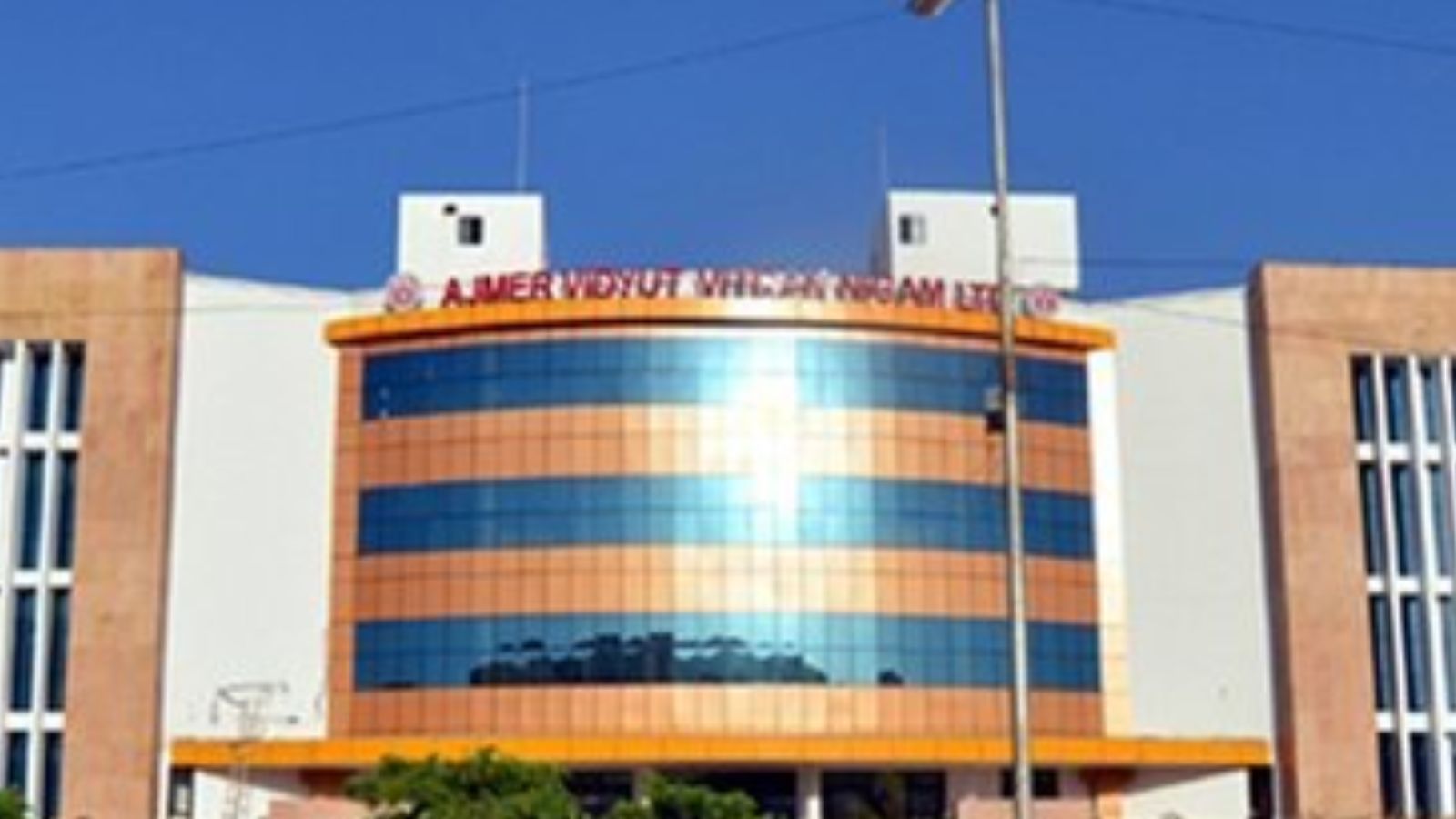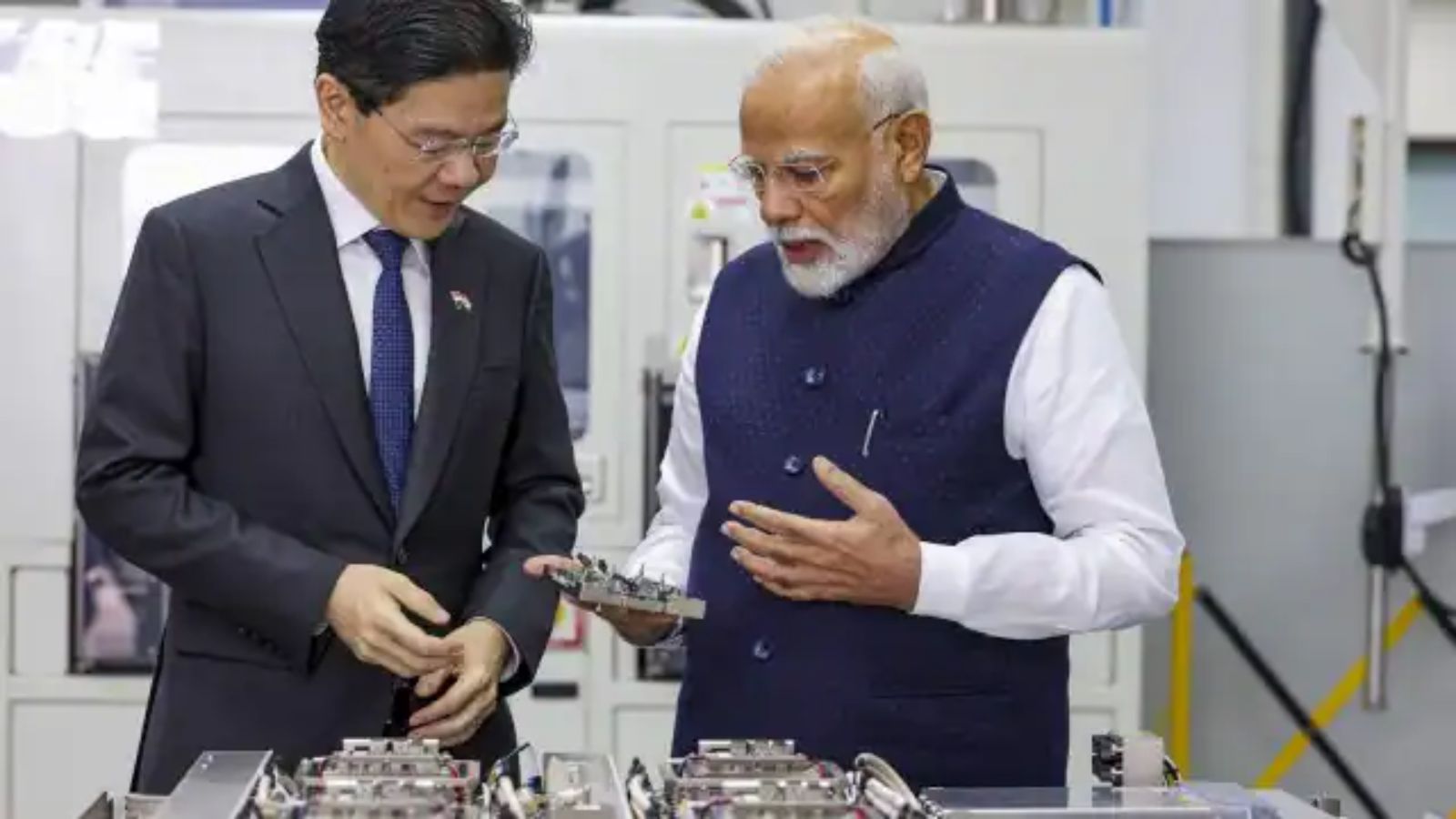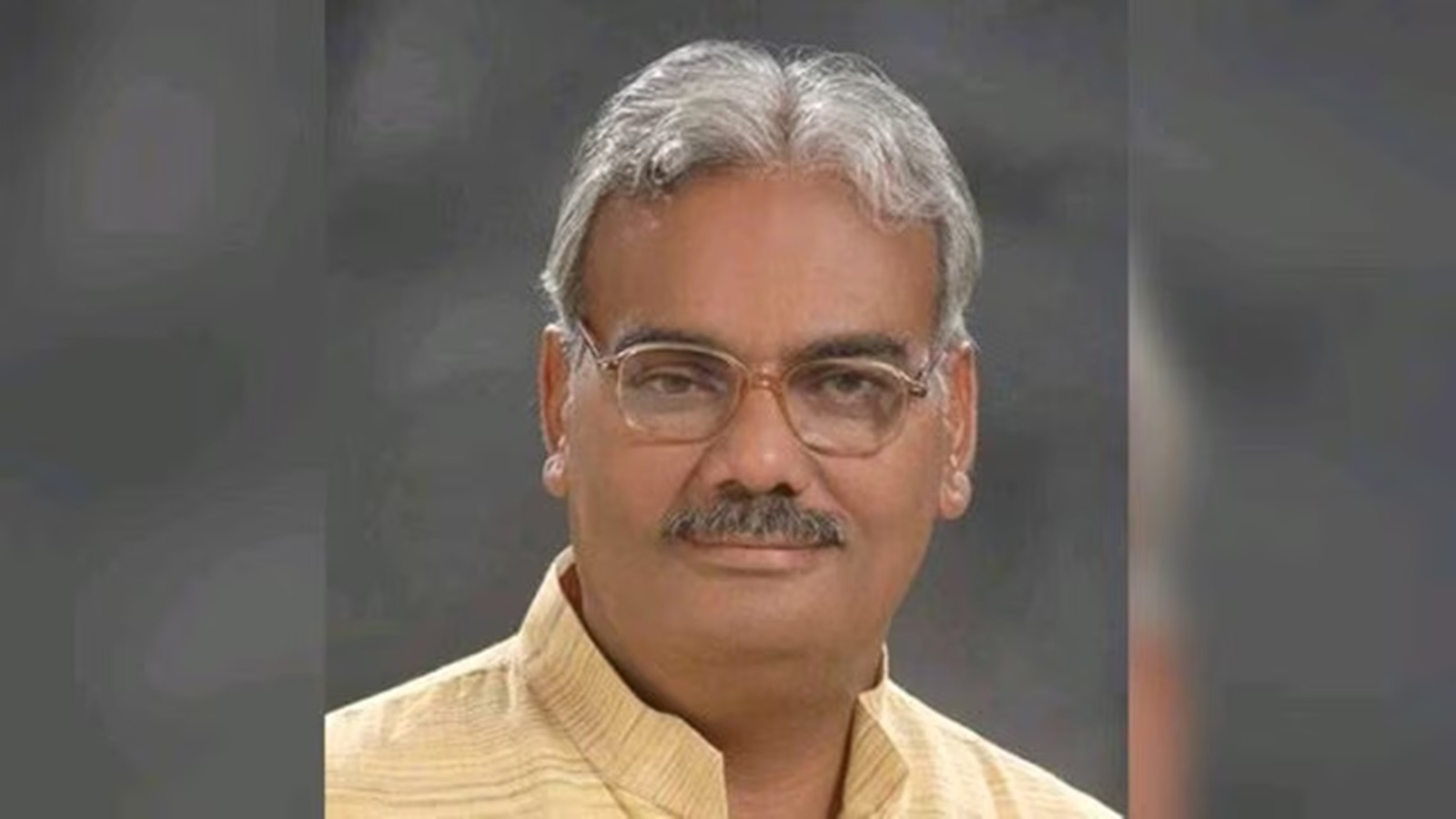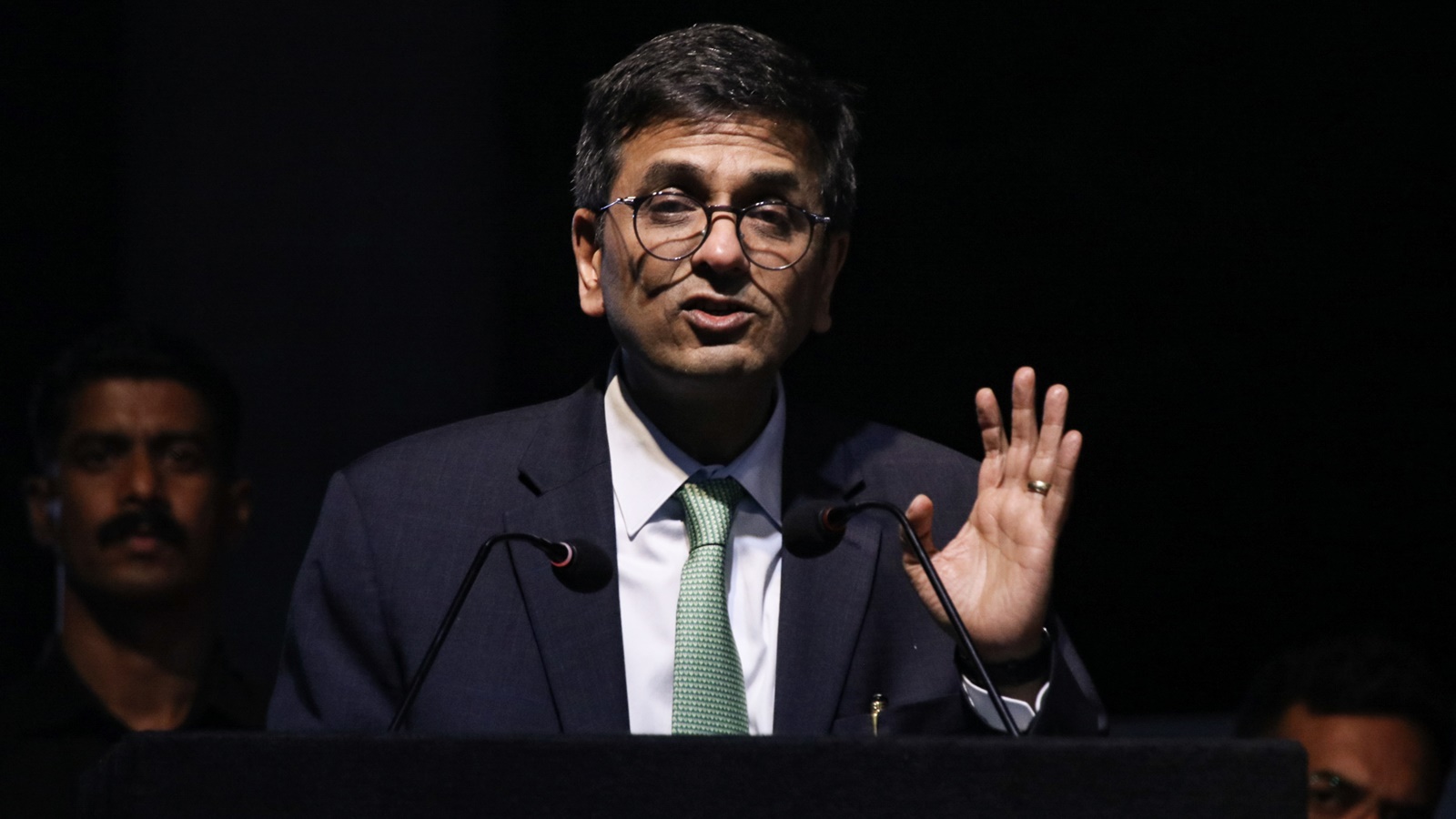Punjab is all set to emerge as a national leader in biofuel production, with the state government unveiling the Punjab State Policy for Biofuels to meet 20 per cent of the state’s overall fuel demand through biofuels by 2035, said Aman Arora, minister of new and renewable energy sources at a roundtable discussion on “Biofuels: Re-imagining India’s Energy Sector & Sustainability in Agriculture,” organised by The Indian Express on Wednesday. Arora said that the policy aims to develop and promote the production of biofuels, including compressed biogas (CBG), 2G bio-ethanol and biomass pellets, from agricultural residues in Punjab. This initiative seeks to utilise at least 50 per cent of agricultural and other waste, which is expected to enhance soil organic content by up to 5 per cent. Additionally, it will provide farmers with opportunities to generate extra income by cultivating biofuel crops and selling biomass. While giving a call to the media for creating awareness about biofuels, and busting myths around CBG, Arora came down heavily on several “experts” from Ludhiana , who were behind protests outside four CBG units, on the plea that these plants emanated cancer causing gases. He said that the government was determined to make these plants functional as a huge amount of paddy stubble needs to be utilised otherwise farm fires are bringing a bad name to the state and causing health hazards. As an agrarian state, Punjab has significant potential for biofuels production, generating approximately 20 million tonne of paddy straw annually, of which around 12 million tonne are currently utilised in various applications. To address the issue of stubble burning and ensure the scientific disposal of paddy straw, establishing CBG projects is an effective solution. Punjab has allocated 58 CBG projects with a total production capacity of about 720 tonne CBG per day based on paddy straw and other agricultural residues. Once operational, these projects will utilise around 24-25 lakh tonne of paddy straw each year, while also creating direct employment for about 5,000 individuals and indirect employment for an additional 7,500 people, he added. Urging the state farmers, industry and other stakeholders to collaborate with the government and embrace biofuel initiatives for a greener future, Arora said that the paddy-wheat cycle has led to the over-exploitation of groundwater and degradation of soil health and biofuels produce fewer greenhouse gases compared to fossil fuels, making them a cleaner alternative. Additionally, they contribute to a circular economy by converting waste into energy, reducing environmental impact and promoting sustainable agricultural practices. He also encouraged inter-cropping and crop rotation as effective strategies to maintain soil fertility and minimise the negative impacts of monoculture practices. By diversifying crop production, farmers can enhance soil health, improve yield resilience and promote sustainable farming methods that benefit both the environment and agricultural productivity, he added. The Cabinet Minister added that four projects with a total capacity of 85 tonne per day (TPD) of CBG are currently operational. Additionally, one more CBG project with a capacity of 20 TPD is set to be commissioned in 2024-25. Six additional projects with a combined capacity of 59 TPD of CBG will be launched in 2025-26. During a panel discussion on the issue, Suresh Kumar, former chief principal secretary to former CM Amarinder Singh added that solution to the unsustainable agriculture was biofuels. He said, “At least 75 per cent of power sector is coal based but we are engaging in unsustainable agriculture. We are actually mining the land and don’t let it breathe. Power utility’s 70 per cent income is spent on power subsidy to the farms. This is unsustainable. This calls for optimal use of biofuels.” He added that farmers should be given doable options. They will jump on any new idea if it is economical. He said politics of expertise, bureaucracy and science does not allow the experts, bureaucrats and scientists to communicate with each other while formulating a policy so that it could be cohesive. “What use is science or a policy if a farmer cannot understand it?” he asked. A Venu Prasad, former Additional Chief Secretary to CM Bhagwant Mann , said that it was unfortunate that despite producing so much of biomass, it was not being used. If put to use, it can ease pressure on the power utility. He said that Punjab would be a power deficient state in the coming years from a power surplus state and solar energy, green power and biomass were the only options the state had to fulfil its need for power. “I have always been suggesting that a 1,000 MW biomass power availability can bring the farm power subsidy of Punjab down to only Rs 5,000 crore from Rs 10,000 crore annually. The best way to use biomass is to use it in-situ, second best was to provide it as food to cattle. The last alternative was to generate power,” he said. Retired IAS officer, Kahan Singh Pannu, said the worrying part was that Punjab will not have water up to 1000 feet by 2039. “We have to see the sustainability. We have to see agriculture in totality. Fermented organic material produced by CBG plants are not as nutritious for crops as farmland manure,” he said. He for a mechanism in consultation with PAU experts so that this could be made nutritious. Otherwise, the fermented material, produced in huge quantities would be a bigger issue, he said. JS Samra, an expert on renewable energy with Centre for Research in Rural and Industrial Development (CRIID) said that there was a policy paralysis as there was not a single unit in Punjab making torrified pellets but no call was being taken on making it convenient for the units to start producing these pellets. He said that second generation Ethanol was the solution to burning of stubble but a 2G Ethanol unit needed an investment of Rs 1000 crore compared to 1G plant that needed an investment of Rs 200 to 300 crore. Vivek Verma, MD of Spray Engineering Devices Limited, said that there was no infrastructure available to purchase solar power from the farmers. Otherwise, farmers can use 30 per cent of their land for setting up solar plants. Girish Ghildiyal of HMEL-Mittal Energy Limited listed the challenges before the 2G ethanol industry from straw. “These are technical issues that need to be sorted. There should be pilot projects and those should be made to succeed. For instance, straw is only generated once a year. Then its volume is so much that more resources are needed to store it than to produce biofuel.” None
Popular Tags:
Share This Post:
SC to rule on legality of Citizenship Act provision in Assam
- by Sarkai Info
- October 17, 2024

What’s New
Spotlight
Today’s Hot
The spread of sex selection in India: Not just the foreign hand
- By Sarkai Info
- October 17, 2024
Featured News
Is overusing painkillers harming your stomach and kidney?
- By Sarkai Info
- October 17, 2024
Why climate change is a national security issue
- By Sarkai Info
- October 17, 2024
Latest From This Week
Vasan Bala’s unabashed cinephilia nearly salvages a lacklustre Jigra
ARTICLE
- by Sarkai Info
- October 17, 2024
Subscribe To Our Newsletter
No spam, notifications only about new products, updates.



